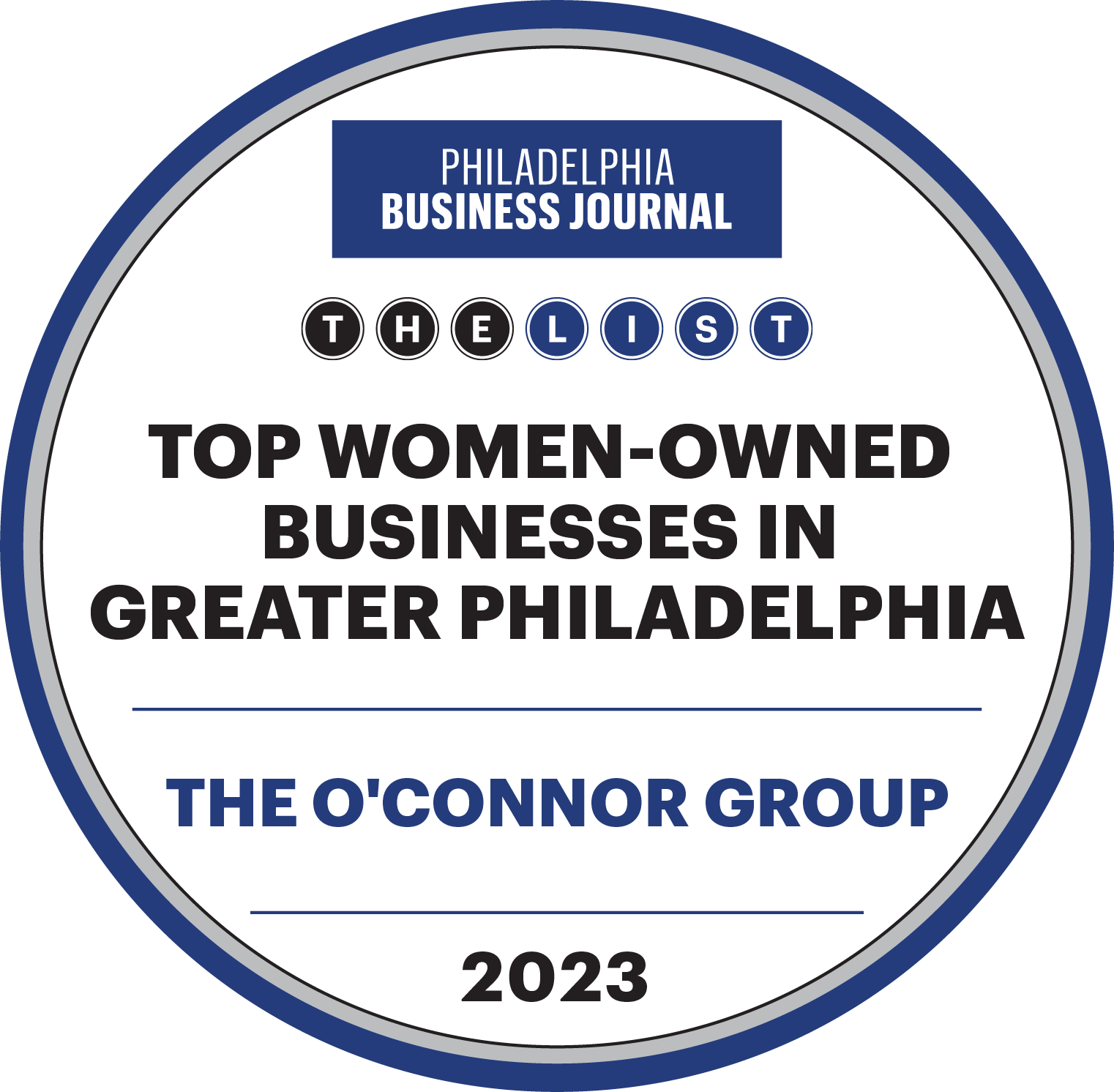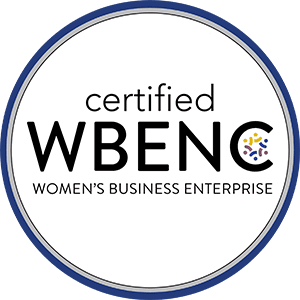HR Helps Life Sciences Start-Ups Thrive
Feb 11th, 2020
At the end of every business day, a life sciences company’s most precious asset leaves the building: Its employees. With demanding missions and limited resources, how can life sciences companies attract and retain passionate, talented employees?
The secret behind many successful life science companies is an excellent HR team that uses scarce resources for maximum effect. They can - champion a positive culture, provide coaching and guidance to management, create a rewards philosophy to retain the best talent, design solutions for complex problems, and develop new initiatives that align to the future needs of the business.
Let’s delve deeper into understanding how HR is crucial to a company’s success as it evolves through the following stages of a typical life sciences company.
“Discovery consists in seeing what everybody has seen and thinking what nobody has thought.”
- Albert Szent-Gyorgi, Nobel laureate in medicine
Stage 1: Entrepreneur (Up to 5 Colleagues)
The first stage is the entrepreneur stage where innovation has sparked the creation of the company which has fewer than 5 colleagues. The entrepreneurs are developing their business plan with the goal to secure initial funding to support their creative concept.
Investors are mostly interested in the science, technology, market potential, and intellectual property behind the business. Yet, they are also wondering about the company’s ability to be successful in their life sciences niche.
At this stage, the founder(s) often seek a human resources subject matter expert (HR SME) to assist with developing their strategic talent plan. The founder(s) need to incorporate and address HR concerns in their business proposal, including their rewards plan and how they plan to attract specialized colleagues in the competitive talent market.
The most crucial valued HR function at this point is to ensure legal compliance and attract a winning leadership team to further the venture.
Stage 2: Innovation (Up to 10 Colleagues)
By the time the company reaches the innovation stage, they are seeking to accomplish proof-of-concept and move into pre-clinical development by securing additional funding. The company hires key colleagues to bring their innovation deeper into the development process.
It’s not unusual for 50% of the company’s staff to be consultants or service providers at this stage. These professionals are helping further the mission of the company without an over-investment in hiring.
HR professionals may be called upon to assist with a move to a new facility, create a handbook, improve the company’s image/branding, support growth, establish reward plans, onboard new colleagues, and they may also help in managing difficult interpersonal relationships in challenging times.
Stage 3: Growth (Up to 50 Colleagues)
As a life sciences company enters the growth phase, it’s experiencing continual expansion with the help of recently-secured funding to fuel ongoing innovation and growth.
If the company didn’t previously have someone in the HR role, now it becomes absolutely essential. During the growth stage, HR offers support with business planning, defines accountabilities, and creates plans and processes that align to the company goals. HR provides expert insight as an agent of change and evolution - not to mention coping with competition in the marketplace. If it hasn’t been done yet, HR will lead the charge to develop a company’s mission, vision, and values.
During the growth phase, the company has to get their hiring routines down to a science. HR should lead the charge in creating a durable talent/recruitment plan, consistently onboarding new employees, and keeping the ship steady as the company continues to expand into an even larger operation.
To overcome hiring challenges, HR will leverage the size of the company and use it as an advantage. They’ll seek to attract colleagues who are enthusiastic about the idea of working for a fast-growing life sciences innovator who is making a significant impact in the field. For those that have dedicated their careers to the life sciences, the reward is to improve, cure and treat patients. HR will develop a plan to attract talent with the idea of being part of something special and unique with the opportunity to expand their role by demonstrating substantial leadership and management support to ensure they succeed.
HR will particularly focus on the array of new colleagues, not just the founding colleagues who are most familiar with the business. This is a perfect time to develop a performance management system and rewards program in order to keep colleagues and teams motivated and working toward common goals. Compensation must be competitive to avoid turnover and loss of talented colleagues to competitors. To ensure colleagues are prepared for the next stage in the evolution of the company, HR will begin to identify professional development opportunities.
HR will serve as a champion of the culture. Be aware of how management are already shaping the culture through their everyday actions and work behaviors. It is essential for HR to track and measure factors like communication, trust, decision-making, transparency, systems, and interpersonal interactions that define cultures.
“Culture is the sum total of the learned behavior in any given society.”
- Paul Kocher, world cultures educator
The current culture the company may or may not become its future culture. Creating a culture is complex, HR will focus on the positive aspects, like innovation, flexibility and quality, and ensure the company remains fully compliant with regulations, employment laws, and industry quality standards.
Stage 4: Development (50+ Colleagues)
At development, a dramatic shift occurs and the novel idea behind the company is being prepared for commercialization. The company is about to go from being a startup to becoming a thriving life science organization.
HR provides the pivotal role of preparing the company to expand, perhaps in multiple states or countries. New colleagues are joining in leadership and executive roles, which means certain jobs may narrow in scope and focus. It’s likely that the company will need to incorporate a variety of new job roles in marketing, sales and communications, to support the company’s mission at this stage.
It’s also vital to identify internal talent within the organization, support their professional development, and nurture their transitions into top management positions. HRs development of a retention strategy must be strong enough to survive competitors’ overtures to hire away your top talent. Despite HR’s best efforts, the company may experience the loss of a key player in your organization and must manage the effect this has on morale and resources.
It’s also time to prepare the company for financial and legal events like an IPO, merger, or acquisition. The company’s HR professional will expertly complete due diligence and manage the company transition to a public company, major integration or transition.
“The most important part of a purchase in a merger or an acquisition is the collective productive capacity of human beings.”
- Dennis Roberts, SPHR
Long-Term HR Support for a Life Sciences Company
The stages described may take years to unfold – navigating, planning and executing the changes within those stages can’t take years. HR as part of the life sciences start up can support the company at every stage of the process.
Working in the life sciences is extremely gratifying because everyone involved knows they are contributing professionally and personally to an innovation that could change the world. But this field comes with major HR challenges that require a high level of expertise.
For more information about HR strategies for the life sciences, connect with The O’Connor Group. We have extensive experience with entrepreneurial companies in the life sciences and we’d love to help your company become another success story.







